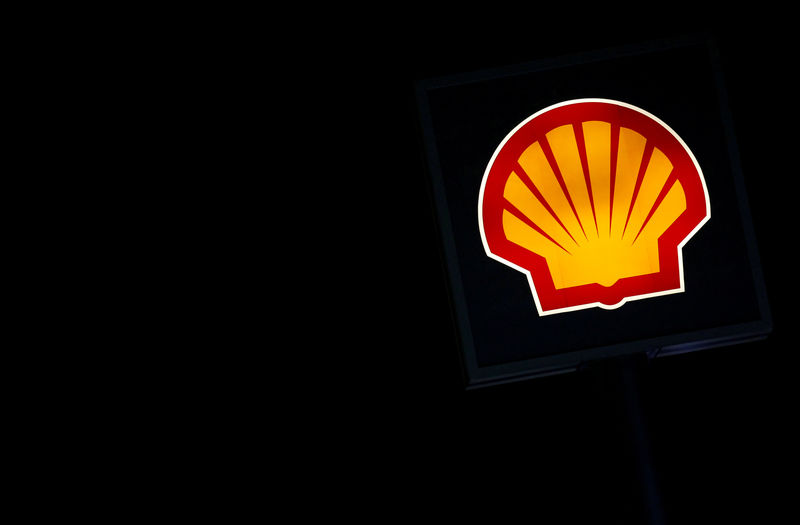By Karolin Schaps and Ron Bousso
LONDON (Reuters) - Royal Dutch Shell (L:RDSa) is close to selling assets totalling $5 billion to cut debt following its acquisition of BG Group, the oil major said on Thursday as it reported its lowest full-year earnings in more than a decade.
Dealmaking in the oil and gas sector has been muted for more than two years due to collapsing oil prices, but as crude prices recover buyers and sellers are starting to agree on price tags.
For Shell, disposals of $3 billion (£2.38 billion) in the fourth quarter helped shave $4.5 billion off its net debt and increase cashflow by 8 percent in the last three months of the year, Europe's largest oil and gas company said.
And although Shell's fourth-quarter profit was lower than expected at $1.8 billion due to tax impairments and full-year earnings dropped, it still made more money than rival Exxon Mobil (N:XOM) in the second half of the year.
"Others are talking about getting back to growth; we're actually doing it now," Shell's Chief Financial Officer Simon Henry, who leaves next month after seven years in the job, said.
Some of that growth will come from $10 billion of new projects coming on stream by 2018, adding more than 1 million barrels of oil equivalent per day.
Shares in Shell traded 2 percent higher at 1213 GMT, while the industry index (SXEP) was down 0.1 percent.
Henry said the company was making "significant progress" on another $5 billion of asset disposals, after two divestments worth $4.7 billion this week, including a large part of its North Sea portfolio sold to private-equity backed Chrysaor.
Shell is close to selling its operations in Gabon.
Shell's 2016 capital spending total of $26.9 billion, lower than expected. It stuck to plans to reduce it further in 2017 to around $25 billion. This is at the lower end of the $25-$30 billion range set to run until 2020.
"Management and employees seem to have genuinely changed the way they run the business and appear committed to better employing the capital they manage," said Rohan Murphy, energy analyst at Allianz (DE:ALVG) Global Investors, which holds stock in Shell equivalent to just under 0.5 percent of the company.
Shell's debt to equity ratio fell to 28 percent, down from a high of 29.2 percent in the third quarter due to the cost of its $54 billion BG acquisition last year.
Henry, who said he did not plan to take up a new executive role after leaving Shell, said the company would first remove scrip payments on its dividend before considering any increases in shareholder payouts.
The BG acquisition boosted Shell's reserve replacement ratio to 208 percent in 2016, meaning it more than doubled its reserves. That compares with a ratio of minus 20 percent in 2015.
GREENER INVESTMENTS
Under pressure from shareholders to increase green energy investments, Shell has started to ramp up spending on renewable energy projects, including winning a tender to build an offshore wind farm in the Netherlands.
Chief executive Ben van Beurden said he was keen for Shell to play a "material role" in the renewable energy sector but that spending on its new energies division would be capped at below $1 billion, around four percent of its annual spending budget.

"As we learn we will see how we can ramp that up," he told journalists.